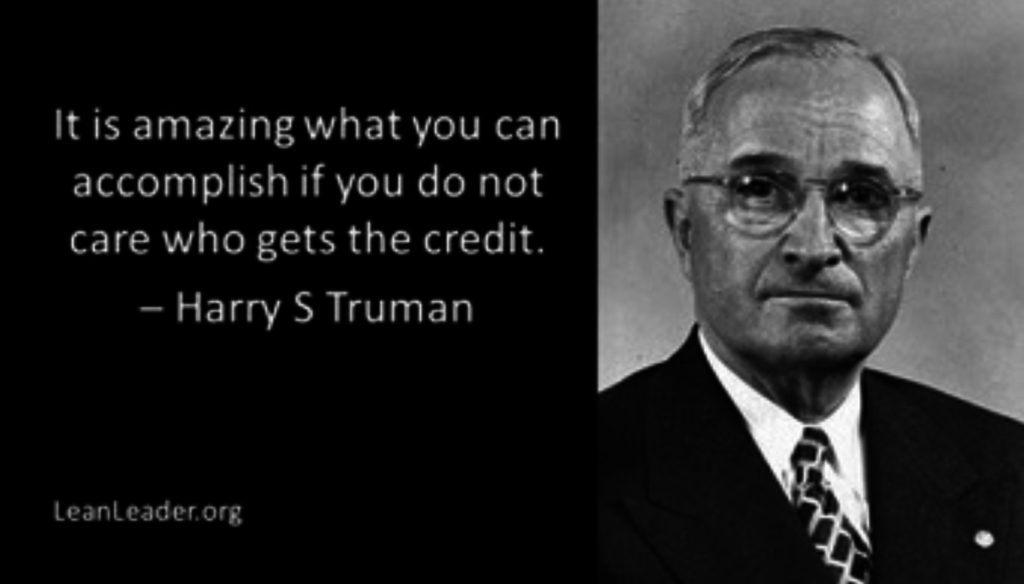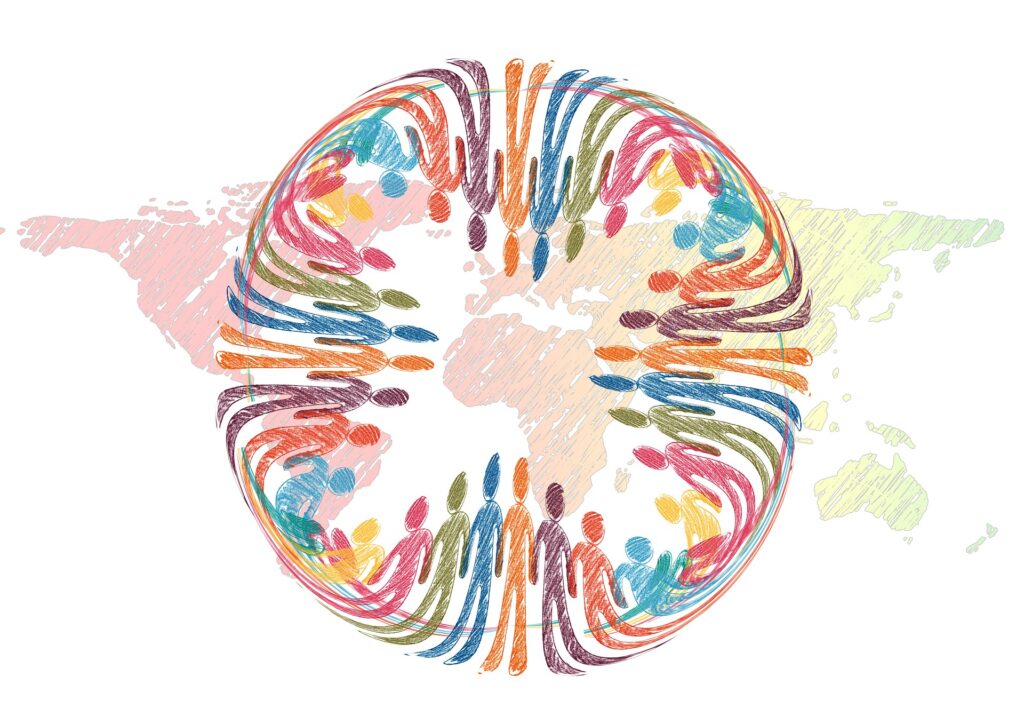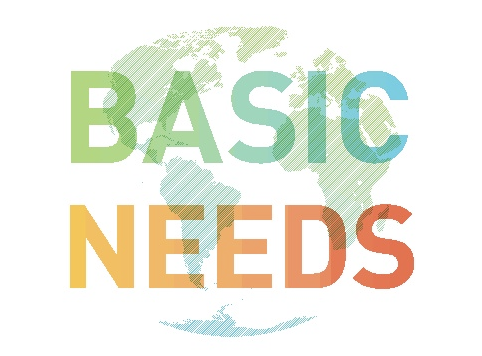
Phony leadership and its consequences
Phony leadership arises when those feeling neglected are used for the sake of the leader’s need to be in a position of power for self-serving reasons. Tricksters in leadership roles play on fears and focus their attention on emotionally charging their fanbase. This creates a level of fanaticism, jeopardizing the cohesiveness of all compatriots. Authentic leaders play down fears and focus their attention on emotionally discharging all stakeholders. This creates a level of security and fosters cohesiveness.
Authentic leadership seeks common ground amid differences. They view differences as opportunities for creation and innovation. For the authentic leader, new possibilities abound. Phony leadership, in contrast, views diversity as something to contend with, a threat to be defeated. A phony leader uses divisive tactics that create an “us versus them” mentality. Primitive methods using conflict and chaos are used to rule, not to serve.
The longer an unfit leader remains in power, the more likely respect for the position itself diminishes. Worse is the loss of faith in the institution for which the position is responsible. A group of people losing faith in a person is sad. A group of people losing faith in an institution vital to their livelihood is tragic and catastrophic. Therein lies the true danger of phony leadership.
When egos lead, phony leaders follow
Phony leadership is cowardly leadership disguised as brave leadership mainly to protect the leader’s fragile ego. Poor leadership is visible to all, except usually to the phony leader. The ostensible reason one assumes a position of leadership is for the sake of serving others. It quickly becomes evident that the phony leader is in the role to sustain his ego and self-interest.
As long as phony leaders maintain a loyal and demonstrative fanbase–even if through falsehoods and rhetoric–a cult-like following results. A phony leader creates a self-centered culture by making only a certain group believe someone is listening to just them. It is the equivalent of a parent showing extreme favoritism to one child while completely neglecting the others.
Such manipulative tactics create a “me first” mentality, mirroring the ego-driven persona of the phony leader. This dynamic creates a classic codependent relationship between the phony leader and his followers. All the while the neglected rest become disenchanted. This is the paradox of phony leadership. A phony leader rises to power by taking advantage of the unmet needs of those who feel neglected, only to use them again to sustain his control of power.
The courage to step down
When transparency and truth reveal a leader’s incompetence, it is not time to denounce, deflect, and counterattack. It is time to face the truth and step down. Leaders serve all, not just their most loyal fanbase. If stepping down is how to best serve everyone, then that is the decision to make. Not doing so only confirms how unfit the person truly is to unite all. Those being led will appreciate the leader’s respect for the position’s duties, the title itself, and the institution he represents.
An ineffective leader who steps down shows moral intention. The leader wanted to lead a group and not let her ego lead her. It didn’t work out. Yes, this can happen to leaders too.
Authentic leaders understand the importance of having the right person in the job. Fake it until you become it may have its place in the world, however, not in positions of leadership where the livelihoods of a community, organization, or nation are at stake. In a world that operates and responds in real-time, fabrication of information, impulsive reactions, and emotional instability (just to name a few) can have a significant impact, up to and including global implications. It is in everyone’s best interest that a leader not fit for the position step down rather than continue and put others at risk.
Authentic leadership in action
Authentic leadership is without pretense. Their role is to invite, not exclude. Given the multitude of information transmitted each minute from various sources around the globe, it becomes even more critical for leaders to be able to hold the space for all truths. Authentic leaders are not only containers but also colanders. Taking in information is just the first step. The second step is sifting through it all to find common ground amidst the multiple voices.
Finally, it is the leader’s role to create a culture where the themes that matter most can be addressed by those most affected. This is once again holding space for differing opinions and conversations to safely take place. It is like hosting a party whereby all guests feel welcomed, are focused on a purpose, and can speak openly and listen carefully.
With a focus on the prestige of being a leader and the benefits associated with it, many are interested in playing the part. How many are actually fit to fully embrace the role? Authentic leaders take pride in their title, but this is not why they assume leadership roles. Serving others and responsibly fulfilling their duties keeps the authentic leader’s ego in check. Phony leaders create a platform for themselves to be the top performer. Authentic leaders create platforms for others to be top performers.
About the author
Jean-Pierre Kallanian is a Process Facilitator and Human Systems Expert. He accompanies organizations in fully integrating their human resource potential by facilitating group processes that foster authenticity, intention, and collective wisdom. He is also the author of What You Can Learn from Your Teenager: Lessons in Parenting and Personal Growth.




